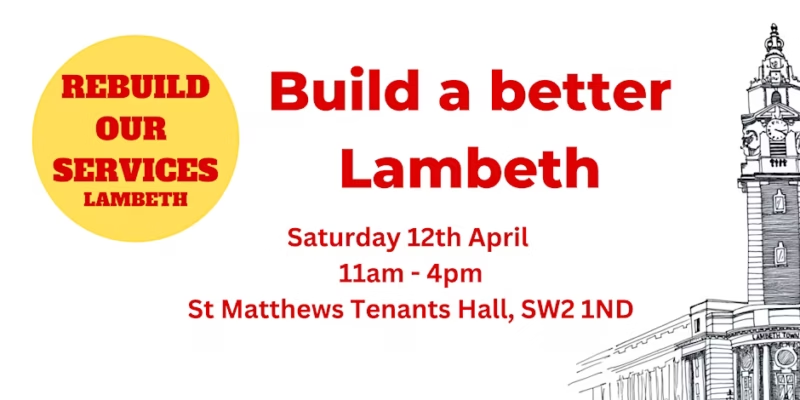Prison officers threaten strike over prison privatisation
 G4S, formerly known as ‘Securicor’ has been awarded a contract to take over Birmingham Prison. The outsourcing security company has a terrible reputation for the security services it has run in the past and those it continues to run today.
G4S, formerly known as ‘Securicor’ has been awarded a contract to take over Birmingham Prison. The outsourcing security company has a terrible reputation for the security services it has run in the past and those it continues to run today.
G4S’ American subsidiary, Wackenhut, runs several privatised prisons in the US where staff have been heavily criticised for poor training, poor conduct and cutting back on rehabilitative services and education. Guards have even been accused of drug dealing and rape.
Birmingham prison will not be the first privately run secure unit in Britain, though it is the first state run prison to be sold off, whilst the others were originally built as private prisons or secure units.
Brook House and Tinsley House near Gatwick were built as G4S privately managed detention centres, where refugee inmates had to go on hunger-strike to protest lack of food provision in 2009. As well as inmates suffering particularly poor conditions, their visitors are heavily restricted from seeing them, and are unable to bring them basic household essentials, despite this being standard practice in most institutions. Staff at the unit sometimes work 15 hour shifts, and complaints have been made that detainees have been refused court appearances and hospital treatment due to a “lack of staff” to transport them to and from the complex.
Even more tragically, 14 year old Adam Rickwood hanged himself on 8 August 2004 after being punched on the nose (so-called “nose distraction”) and sent to his cell by an adult guard for being “cheeky” at Hassockfield Secure Training Centre, Durham, run by another privatisation giant, Serco.
For youth offenders, adult offenders or refugees, the profit motive entering detainment is bad news.
Prison officers threaten strike
The privatisation of Birmingham prison also concerns prison staff, and invoked the anger of the Prison Officers Association, who on 13 April voted to hold an indicative ballot of their 30,000 members across the whole prison system for strike action.
The POA are no friends of prisoners and regularly deal out degrading and violent treatment to inmates, but their strike can help prevent the worsening conditions, decline of accountability and the reduction of education, training and drug treatment for inmates that is an inevitable result of privatisation.
That’s why it’s important to support the POA’s strike, against the anti-union laws that make prison staff strikes illegal, and against privatisation of prisons. But because of the repressive role that prison officers play in the justice system, they cannot be relied upon to fight for more education, help and support for prisoners, and basic democratic rights. Prison Officers, like the police, have a tendency to argue for more powers and more equipment to use against inmates.
To stop conditions getting even worse in Britain’s prisons, we need a campaign of trade unions, prisoners, ex-prisoners, families and communities and other support workers against prison privatisation, that can ensure the well-being of prisoners during and after any strike.
Such a campaign could demand emergency strike cover under their supervision and control to make sure that prisoners are well fed, are allowed frequent breaks from their cells, have the freedom to exercise, have access to teaching and learning facilities, physical and mental healthcare, ability to see visitors, communicate with the outside world and other inmates, and are safe from bullying, violence and racism. It could argue against any regressive demands the POA might raise.
It could also help the fight for the formation of a prisoners’ union that can fight consistently for transformation of the prison services, human and democratic rights for prisoners, including the right to vote.
Justice Minister Ken Clarke has threatened to bring the army in to control prisons in the event of a POA strike. If he does, we should all defend the POA against military strike-breakers, call for cross-union action against the anti-union laws, as well as for the right of soldiers to form a union, and to defy orders to break up the strike.
• For an indepth resolution on Marxism, prison officers and the justice system, click here






